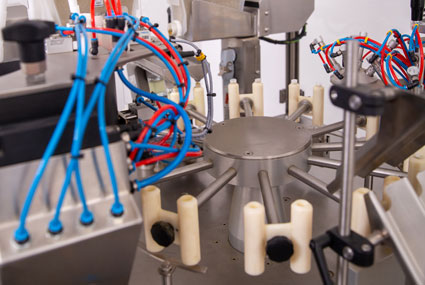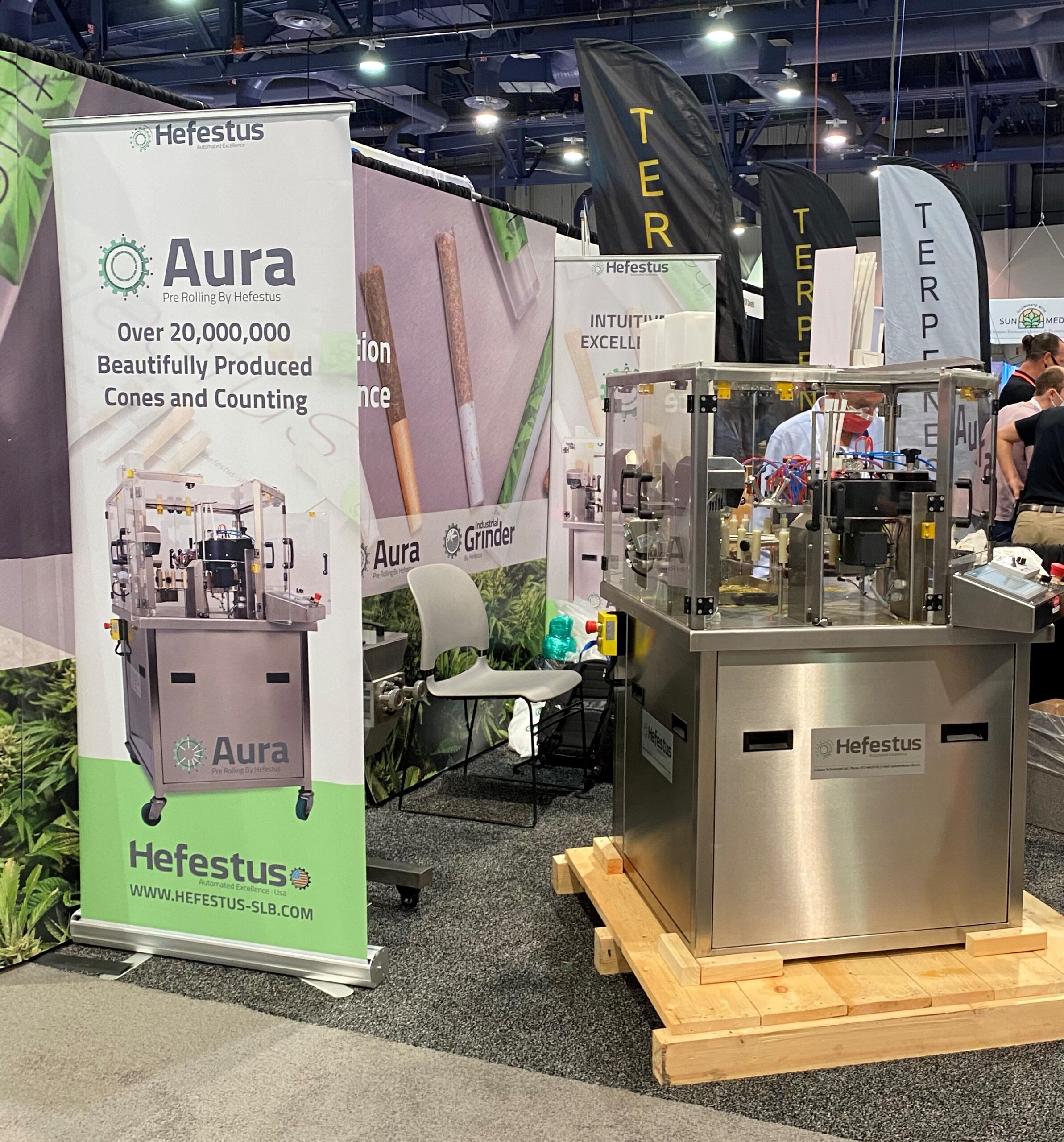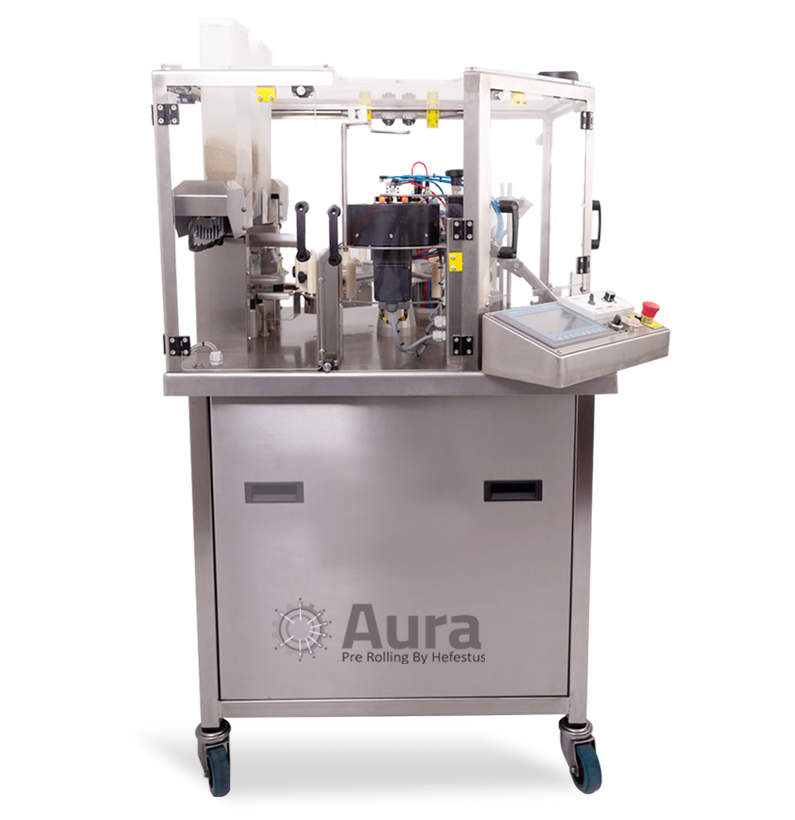6 Hidden Costs of Downtime in Pre-Roll Automation

Welcome to the Hefestus Pre-Roll Playbook — A series of articles on how to get the most out of your pre-roll manufacturing capabilities and strategies
Downtime in automation is costly.
Unplanned stops in production can ripple through your operation, affecting everything from your bottom line to your brand reputation.
This is a downward spiral nobody wants for their business
The ONLY way to minimize downtime is to align with an automation partner that has your back through their proven track record and 24/7 support.
Let’s dive into the often-unseen impacts of downtime and why minimizing it is a top priority.
1. Lost Production Time
Every second counts, and when your automation isn’t running, your profit margins will disappear fast.
Impact: Each minute your machines are down is a minute of lost production. This directly translates into fewer pre-rolls hitting the market and sunk labor costs.
Long-Term Effect: Consistent downtime can lead to significant production deficits, complicating inventory management, order fulfillment, and your distribution/retail partnerships.
2. Increased Labor Costs
Idle hands are never good for business. And that automation is supposed to REDUCE labor costs, isn’t it? Not the case if your machine is down all the time.
Impact: When machines stop, your workforce often can’t proceed with other tasks, leading to paid hours without corresponding productivity.
Long-Term Effect: Frequent downtime may require overtime shifts or additional staffing to catch up on backlogged orders, increasing labor expenses and risking loss of retail shelf space.
3. Maintenance and Repair Costs
If your machine requires an engineering degree for regular maintenance replacing parts, etc., we do not envy you.
Impact: Unexpected downtime usually involves repairs. Whether it’s replacing parts or calling in experts, the costs add up quickly if tech support is unreliable.
Long-Term Effect: Regular disruptions can lead to higher maintenance budgets, diverting funds from other operational improvements.
4. Wasted Materials
You got a whole load of plant material processed into the perfect grind, and now all those terpenes are gassing off while you wait to get the machine working again.
Impact: Downtime can lead to material waste, especially if mid-production halts affect the quality of already processed goods.
Long-Term Effect: Over time, the cost of wasted materials can escalate, particularly if downtime causes spoilage of perishable inputs.
5. Customer Dissatisfaction
Disappointed customers equal fewer customers, negative word of mouth, and nobody will trust your brand. All because of friggin’ downtime.
Impact: Production delays mean order delays. In a market where timeliness is a competitive edge, delays can turn retailers and consumers towards more reliable competitors.
Long-Term Effect: Repeated delays can damage your brand’s reputation, potentially leading to lost business and difficulty attracting new customers.
6. Opportunity Costs
How are you supposed to focus on other parts of your business, if your pre-roll automation is acting up all the time?
Impact: Downtime not only affects current operations but also limits your ability to plan and execute future expansions or improvements.
Long-Term Effect: The cumulative effect of ongoing downtime can hinder growth and innovation, keeping your business from scaling effectively.
Mitigating the Impact
Addressing downtime starts with a reliable automation partner, a partner with experience and who has your back and makes automation easy for you.
Automation is supposed to provide tremendous investment when done right, impacting a businesses capabilities and strategic potential in all sorts of ways.
However, inferior automation will wreck a business fast.
If you’re struggling with downtime or need a reliable pre-roll automation partner, connect with the Hefestus team today.





